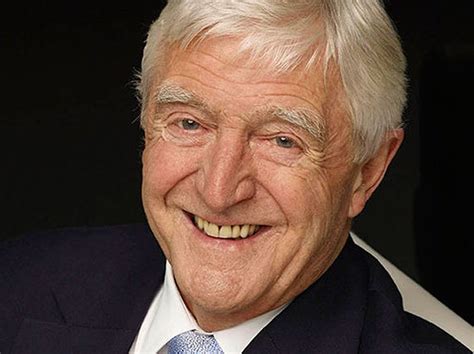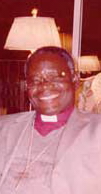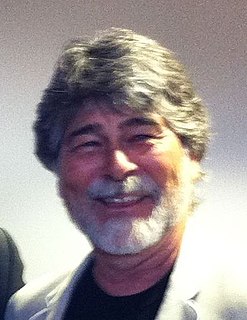A Quote by Martin Rees
As regards my own 'philosophy,' I continue to be inspired by the music, liturgy and architectural tradition of the Anglican Church in which I was brought up. No one can fail to be uplifted by great cathedrals - such as that at Ely, near my home in Cambridge.
Related Quotes
I was brought up on choirs and brass bands. They formed the music of my childhood. When I heard the Treorchy Male Choir at the Royal Variety Performance it brought back such happy memories. You have your own eminent place in the history of British music. You stand for excellence in a great tradition and your work for charity is both an example and an inspiration.
There were positive things about the church, that is, in the European cultural sense, the architecture, the liturgy, the music, the art, such as it was, the stations of the cross in the church, the tradition, and the atmosphere of awe and mystery in the mass. The atmosphere of miracle, one of mainly mystery, that's what fascinates me.
I'm fortunate in that I've grown up in a worshipping tradition which is quite rich musically (and music is very important to me) and has a wonderful resource of hymns from all sorts of different parts of the Church... and to go to church and be able to sing that stuff and listen to a Bach motet or indeed some charismatic choruses.
New Orleans had a great tradition of celebration. Opera, military marching bands, folk music, the blues, different types of church music, ragtime, echoes of traditional African drumming, and all of the dance styles that went with this music could be heard and seen throughout the city. When all of these kinds of music blended into one, jazz was born.
I call this my church house trilogy. Souls' Chapel really was music from the Mississippi Delta, which to me is a church within itself. The Delta is the church of American Roots music. The Badlands is a cathedral without a top on it. And the Ryman has been called the Mother Church of Country Music, but to me it's the Mother Church of American Music. If you can think it up, it's been done there. In my mind, this is kind of a spiritual odyssey as much as anything else, and I had the settings of three churches to make it in.
I am looking forward very much to getting back to Cambridge, and being able to say what I think and not to mean what I say: two things which at home are impossible. Cambridge is one of the few places where one can talk unlimited nonsense and generalities without anyone pulling one up or confronting one with them when one says just the opposite the next day.


































